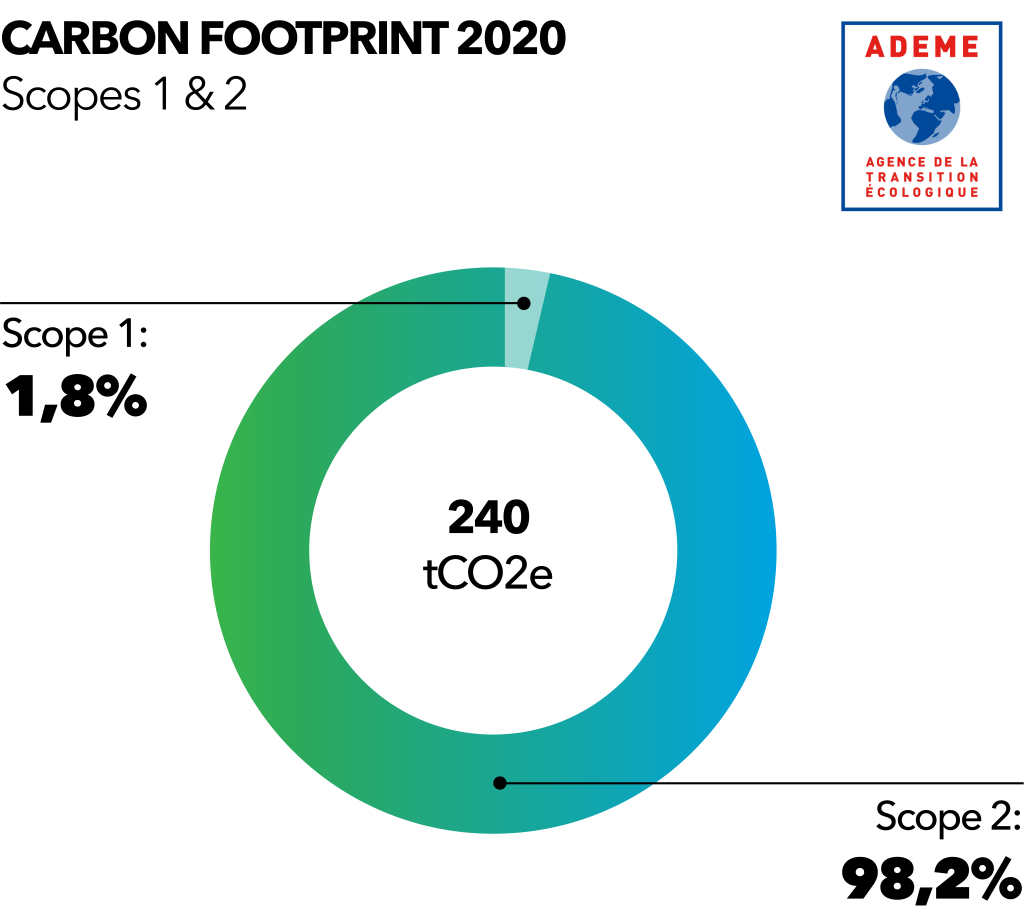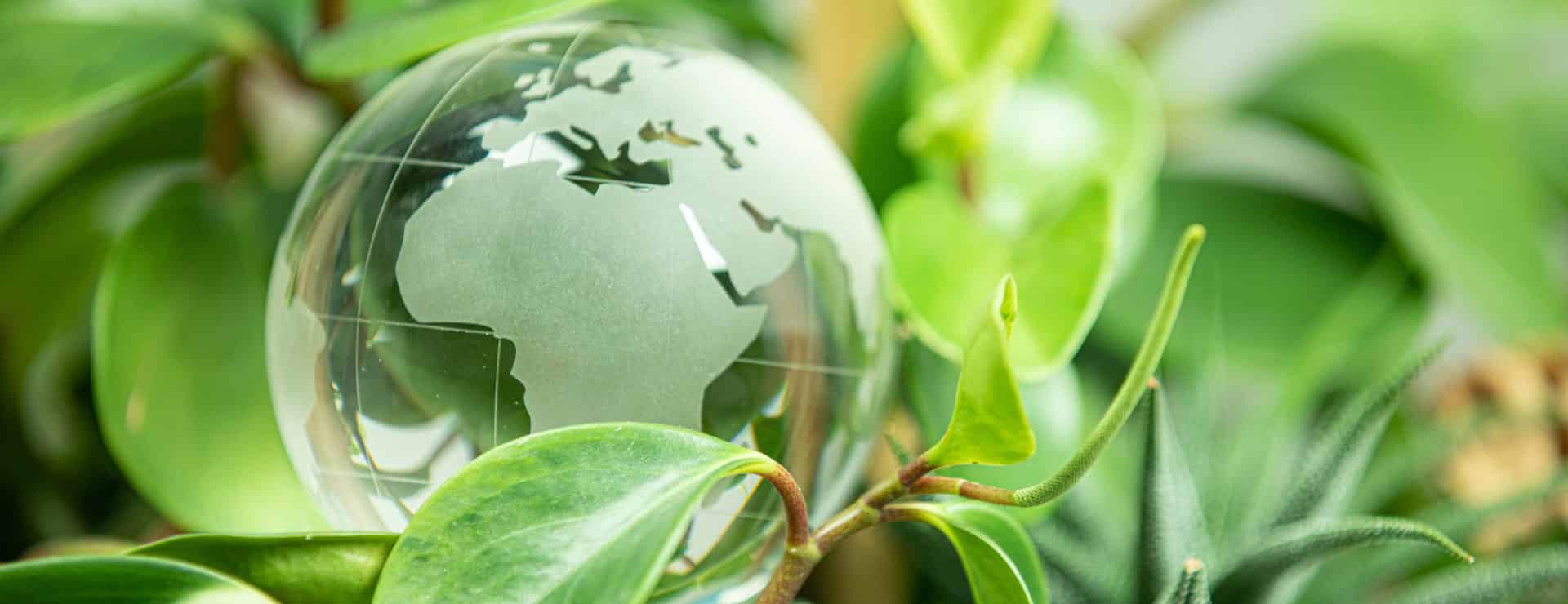We care about our planet

As a high-tech company, we are aware of our industry impact on climate change and global warming. That is why we are committed to creating new technologies that do good — helping our planet stay greener while improving viewers’ lifestyles by enabling them to enjoy their favorite content anytime, anywhere.
We strive to protect our planet by:
- Developing and deploying new technologies that reduce our products’ energy impact. Innovations in our TITAN and NEA product lines have enabled a 65% reduction in the energy consumption of video delivery over three years, while improving viewers’ experiences.
- Designing future-proof software that extends the lifespan of our solutions.
- Sourcing and designing recyclable hardware.
- Following an eco-design approach for our own product lines. All our products are assembled in France. The hardware from our KYRION range is compliant with European legislation as it is 100% RoHS, REACH, and WEEE, restricting the use of certain hazardous substances. We also ask our suppliers to use only “no-clean” processes during manufacture of electronic cards, in order to limit water consumption.
- Reducing our own environmental impact, we set a target to halve our carbon emissions by 2030, as stated by the 2015 Paris Agreement.
- Collaborating with other companies in the industry to focus on best practices around energy consumption. Since 2021, Ateme has been a founder member of the Greening of Streaming initiative.
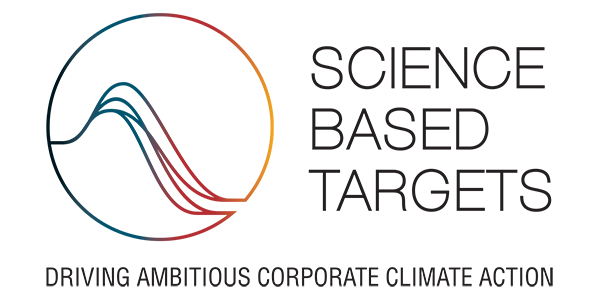
Science Based Targets
Launched in June 2015, following COP21 and the Paris Agreement, the Science Based Targets initiative (known as SBTi) is a collaborative project between the Carbon Disclosure Project (CDP), the United Nations Global Compact, the World Resource Institute (WRI), and the World Wide Fund for Nature (WWF).
The objective of this initiative is to encourage companies and organizations to define greenhouse gas (GHG) emission reduction targets and strategies in line with the scientific recommendations of the Intergovernmental Panel on Climate Change (IPCC).
Thus, Ateme has had its “near-term target” approved by SBTi and is thus committed to joining the global effort to limit global temperature increase to 1.5°C compared to preindustrial temperatures.
For Ateme, this commitment corresponds to a 42% reduction in absolute GHG emissions from Scopes 1 and 2 by 2030 (compared to 2020) and to the measurement and reduction of Scope 3 emissions.
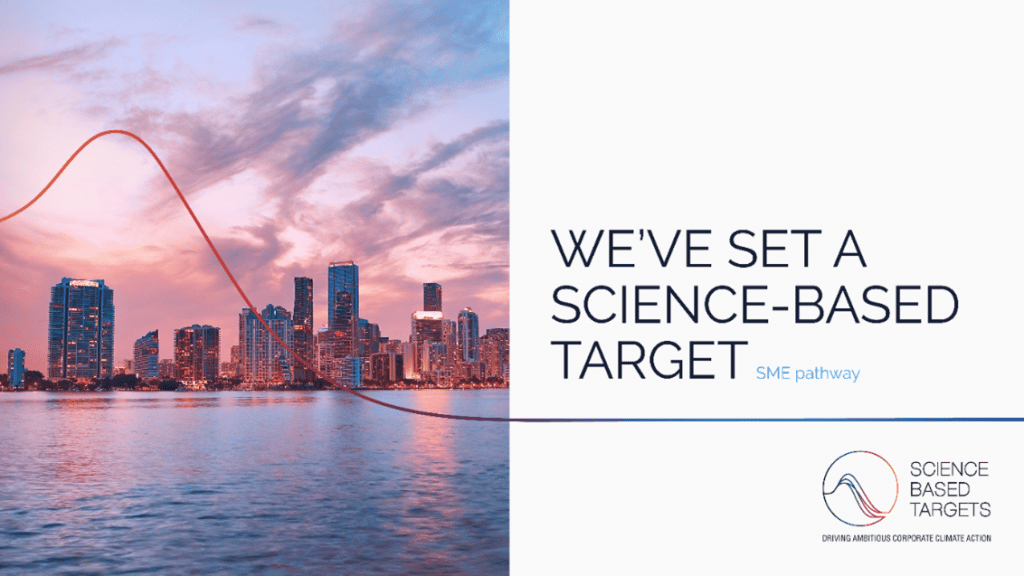
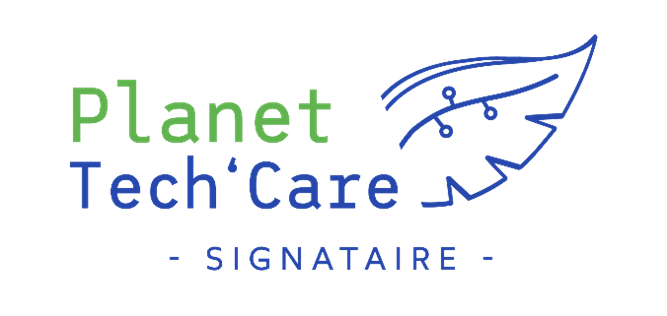
Planet Tech’Care
Since 2022, Ateme has been a signatory member of the “Planet Tech’Care” initiative, which brings together responsible digital players who are convinced that digital technology represents major opportunities for innovation in the service of ecological transition.
By signing the manifesto, Ateme:
1. Acknowledges that environmental changes are a major challenge for humanity on which digital actors have an impact and must mobilize.
Ateme commits to this:
- Publicly via the signature of the manifesto
- To raise awareness of the initiative within its sphere of influence
2. To contribute, at its level, to the control of environmental risks, by committing to:
- Carrying out a measurement of the environmental footprint (at least carbon footprint) of its digital products and services
- Identifying and implementing actions to reduce its environmental impact
- Identifying and implementing actions to extend the lifespan of its digital products and services
- Sharing this information and actions with relevant stakeholders

Carbon Footprint 2020
Ateme has calculated its first GHG emissions balance for its base year, 2020. It was carried out according to the methodology of the French Agency for Ecological Transition (ADEME 2016).
Scope 1 represents 4.3 tCO2e and corresponds to direct emissions. It breaks down as follows:
- 0.7 tCO2e for direct emissions from combustion engine mobile sources
- 3.6 tCO2e for direct fugitive emissions
Scope 2, corresponding to indirect emissions associated with energy, is made up entirely of indirect emissions related to electricity consumption. It represents 235 tCO2e.
